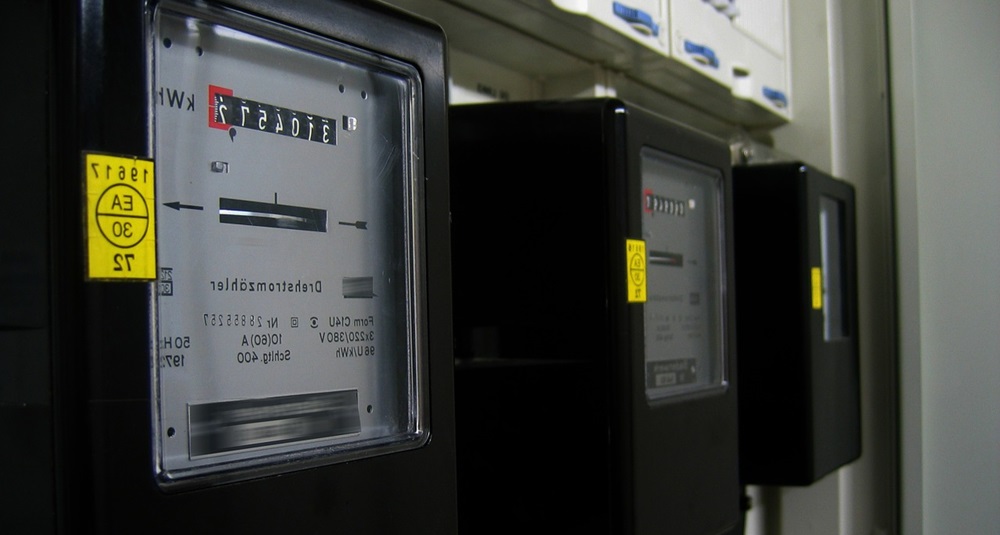
Utility companies are exchanging meter readers for smart meters. These smart meters offer multiple advantages for companies and homeowners alike. If you don't have a smart meter on your home, consider asking your utility company about these handy, environmentally conscious devices.
What Are Smart Meters?
Smart meters track your gas or electricity usage in real time and send the information directly to the utility company. This information is used to monitor your electricity or gas usage and to calculate your bill. Smart meters offer several advantages for you over the old human-read meters.
Real-Time Information
Your utility receives information about how much electricity you use every 15 minutes. You can go online to your utility company to see your energy usage tracking. Some websites allow you to see electricity use compared to the temperatures for the last month. Some utilities will even itemize the use, so you can see which appliances use too much electricity.
More Accurate, Transparent Information
Since your utility has more accurate information, you'll never need to worry if a meter reader misread your meter again. Automated digital RF network meter reading systems easily transmit information about your water, gas, and electrical use back to your service provider. You can monitor your usage online in real time. You also won't have to worry about finding time in your schedule to have a stranger come into your backyard to read your meter once a month. You and your dogs will be happy about that.
Control of Your Electricity
When you move, you need to contact the utilities to shut off gas, water and electrical service to your home. Smart meters can do that chore automatically without a human appointment. It's more convenient for the utility companies and for you, especially if you put off this task until the last minute and cannot wait for a worker to come to your home.
Power Outage Information
When the power goes out at your home, a smart meter automatically alerts the power company. Some electricity companies offer services that call or text you that your home's power is out and let you know when it's restored. This means you'll never have to come home to your lights unexpectedly out.
Environmentally Friendly
With real-time usage information, you can adjust your energy usage more effectively. For instance, in a heat wave, you could be rewarded for lowering your energy use, or you could get an electricity plan that offers lower rates for nights and weekends. You can also program your heating and cooling system to turn on at certain times of the day, preventing it from running while you aren’t in the house. This is a quick and easy way to help you lower your energy use which is good for the environment and your wallet.
Enables Renewable Energy Sources
Smart meters are the first step in establishing a smart grid. Smart grids allow for the even distribution of renewable energy. Solar and wind farms located in rural areas take advantage of open spaces for electricity production. With a smart grid, electricity generated from these farms can be sent anywhere in the grid. As a consumer, you can have solar or power for your home without installing solar panels on your roof. This makes renewable energy accessible to any homeowner, regardless of location.
Reduces Brownouts
Thanks to smart meters, smart grids can reduce brownouts during high energy-use times. For instance, when high power is demanded, the smart grid can even out electricity distribution to reduce the toll on the system. Similarly, if a lightning strike or other electrical problem causes a power surge, the extra electricity gets absorbed and redistributed by the smart grid rather than going to your home and damaging your electronics.
Smart Meters Are a Smart Choice for Utilities
More utilities are installing smart grids and meters on homes and businesses due to their many advantages. As a homeowner, you get more accurate information, lower energy bills and the chance to make your home more environmentally friendly. Why wouldn't you want to embrace technology that solves the problems of older electricity distribution systems?
Edited by
Ken Briodagh





